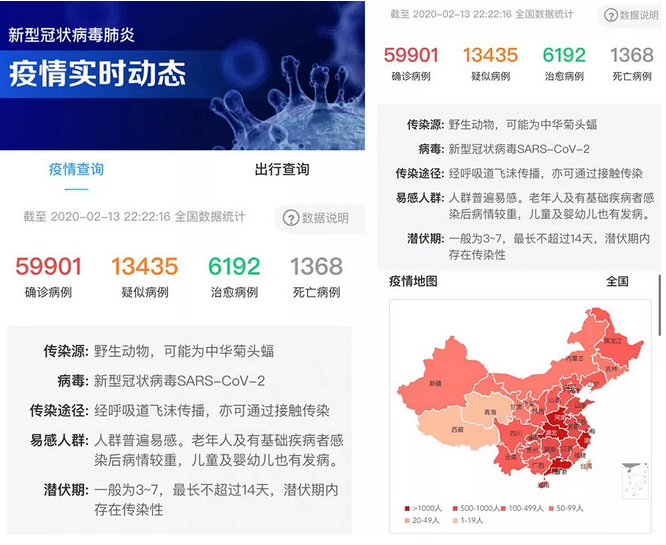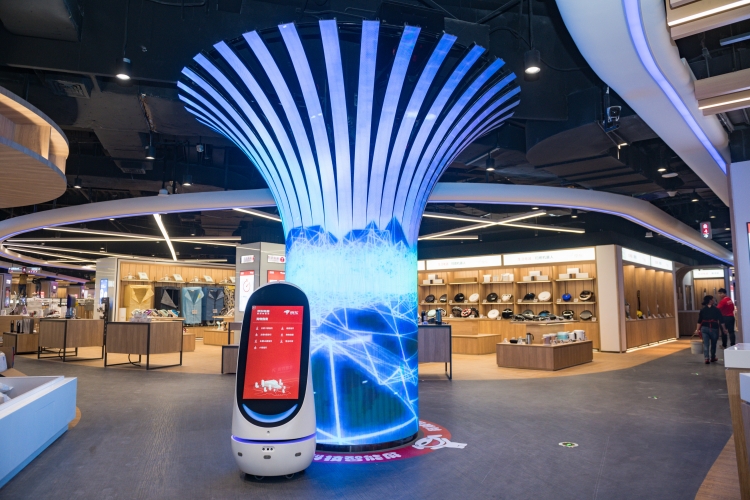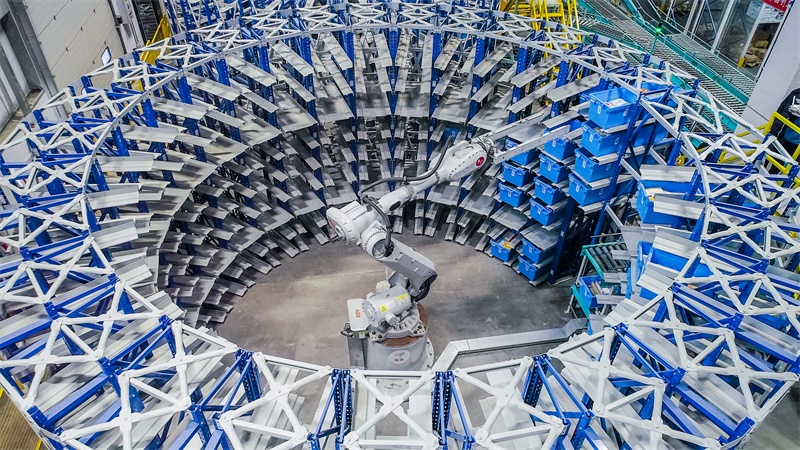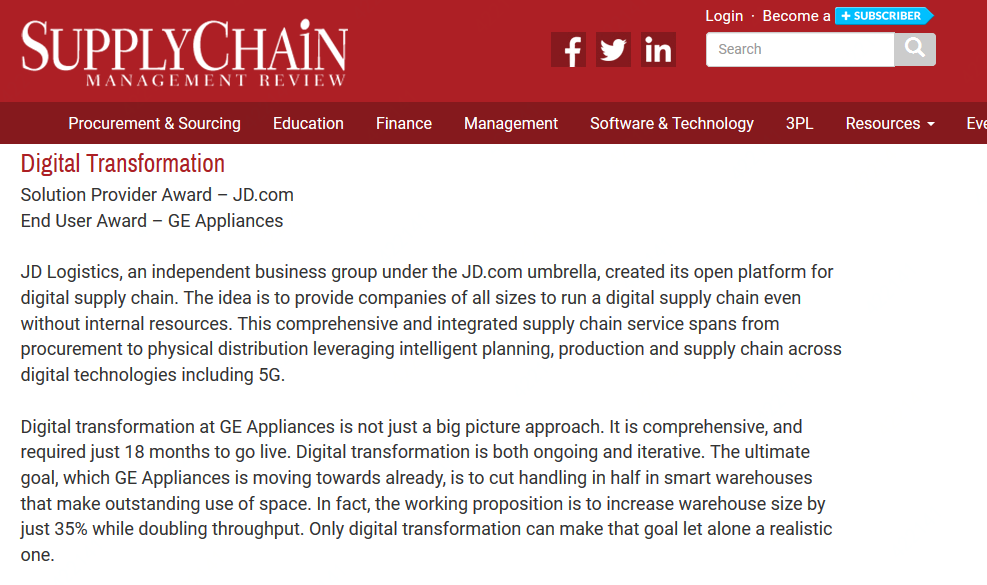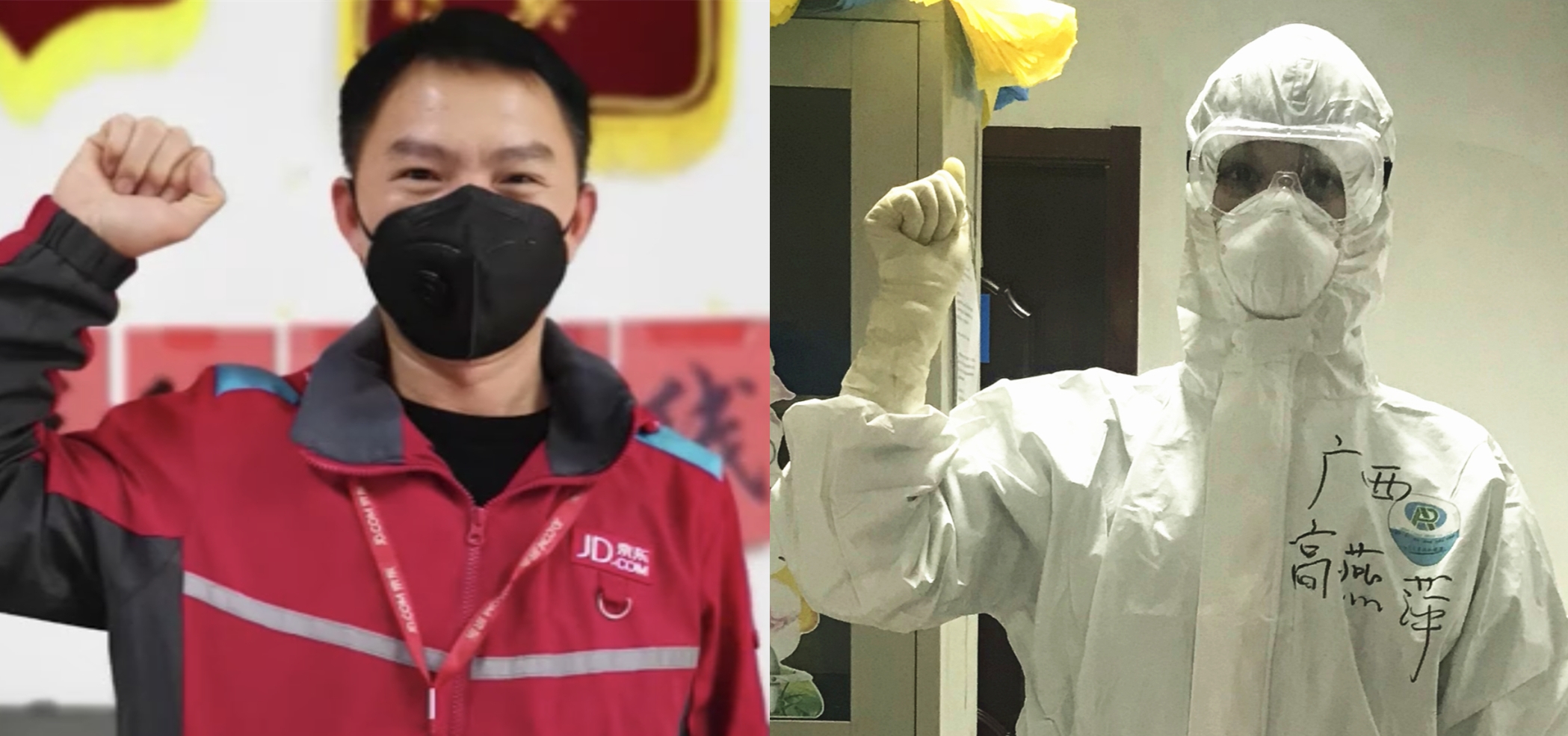On March 2, JD.com announced fourth quarter and full year 2019 earnings. In his opening remarks during the earnings call, Richard Liu, Chairman and CEO of JD.com, highlighted what the company is doing to ensure the safety and livelihood of people in China during COVID-19. The earnings press release can be found here: http://ir.jd.com/news-releases/news-release-details/jdcom-announces-fourth-quarter-and-full-year-2019-results
Richard’s opening remarks from the earnings call are below, in full:
Hello everyone. This is Richard.
Since day one of the coronavirus outbreak, we have done our utmost to help people in Wuhan and throughout China, contributing as much aid as possible. We are in a unique position with our superior supply chain, logistics and technology, and we feel a strong sense of responsibility to provide robust support.
Let me take a few moments to introduce specifically what we have been doing and its significance.
Just before the Chinese New Year, we put together a team specifically tasked with leading our efforts in addressing the epidemic. This team had a four-fold mission: donate protective equipment and medical supplies; establish a dedicated express route to transport relief supplies to assist Hubei province; provide support to people in heavily affected areas; and offer supportive policies to merchants on our platform.
JD took immediate action in donating critically needed medical supplies to hospitals and charity organizations in Wuhan, including a large amount of face masks and protective medical materials that were in urgent demand but short in supply. In addition to ensuring timely supply and delivery of daily necessities for unmet needs, JD Logistics opened a dedicated channel for relief materials across the country to assist Wuhan. As of now, we have transported over 50 million items of medical emergency materials.
To respond to the urgent needs for prevention and controls requested by Hubei’s government, JD Logistics applied our advanced supply chain technology and experience and built the supply chain management platform to help manage emergency supplies and ensure their delivery to the frontlines in Hubei. At the same time, JD’s next generation technologies, such as AI, big data and IoT have been quickly deployed into a dozen emergency and epidemic prevention solutions to support the work of the local governments and enterprises.
Ensuring the health and safety of our employees is always our top priority. All of JD’s frontline employees were provided with masks, disinfectants and other protective equipment immediately after the outbreak.
Beyond employee care, we offer 30,000 doctors through our health business, JD Health. JD health launched free 24/7 online medical consultation and psychological counselling services to people across China. Regarding our merchants, we have offered a series of supportive policies including subsidies, fee reductions or waivers and others benefits to help them at this time.
When SARS occurred 17 years ago, JD was a very small company. But, we personally experienced then just how devastating epidemic situations can be to both businesses and peoples’ lives. That’s why today we will do everything we can within our power to serve our customers and support society. We sincerely hope the epidemic will be over soon. But, regardless of circumstances, we will always seek to improve the service experience for our customers and create value for our partners.
This is a brief summary of how we are doing our part to provide aid during the epidemic.
There’s one more thing that I’d like to draw your attention to. Today, we have announced that our CFO, Sidney Huang, will retire this coming September. Though this will come as news to you, it’s something we’ve been planning carefully and are in a perfect position to action this year. Just a few words about Sidney. His professional expertise, integrity, humility and fairness have all earned him respect from myself and from others throughout the company since he joined us in 2013. Along the way, he has overcome countless challenges and witnessed many of JD’s most important milestones, including our successful IPO in the US and the remarkable expansion of our business. On behalf of JD, I would like to sincerely thank Sidney for his hard work for the past 6 and a half years and wish him and his family all the best. Sandy Xu, whom some of you may have met already, is appointed to be Sidney’s successor. Sandy is a seasoned leader with impressive credentials. Combined with her broad international perspective, I am confident that she will be a great CFO for JD going forward.
Thank you. Now, I’d like to turn it over to Sidney.





